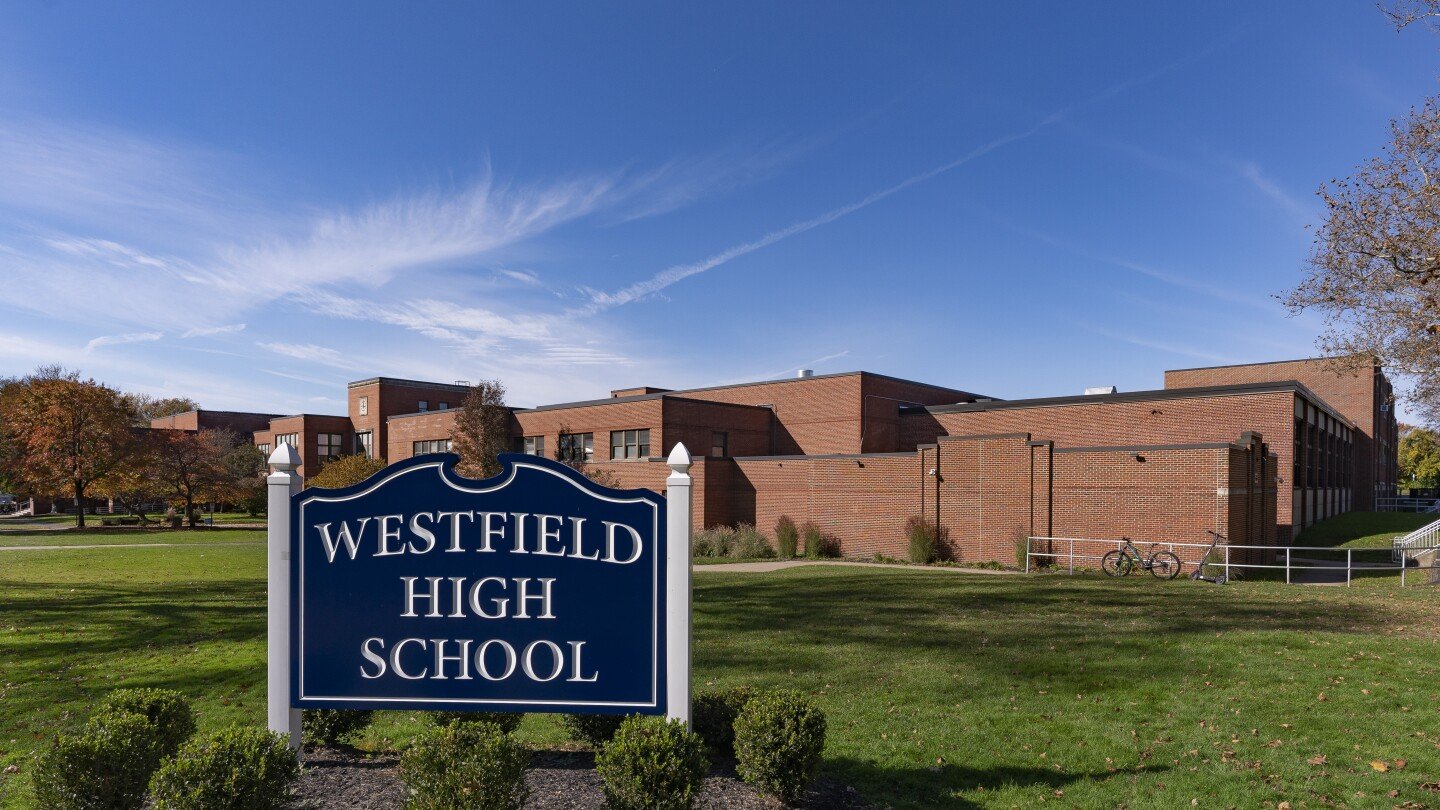A mother and her 14-year-old daughter are advocating for better protections for victims after AI-generated nude images of the teen and other female classmates were circulated at a high school in New Jersey.
Meanwhile, on the other side of the country, officials are investigating an incident involving a teenage boy who allegedly used artificial intelligence to create and distribute similar images of other students – also teen girls - that attend a high school in suburban Seattle, Washington.
The disturbing cases have put a spotlight yet again on explicit AI-generated material that overwhelmingly harms women and children and is booming online at an unprecedented rate. According to an analysis by independent researcher Genevieve Oh that was shared with The Associated Press, more than 143,000 new deepfake videos were posted online this year, which surpasses every other year combined.



I imagine, in a society where the appeal of such images is low, the sanctity of the image of the body probably isn’t a big deal and people wouldn’t be so hurt by them either.
It’s still a questionable way to approach it. Why should the consequence be that people are simply “too weird about sex” and that should change? Instead of that the boys are weird and should change? It’s typical victim blaming.
This perspective (the victim should change) is very prevalent when the crime is sexual harassment of girls and women.
Did I imply that the victim should change?